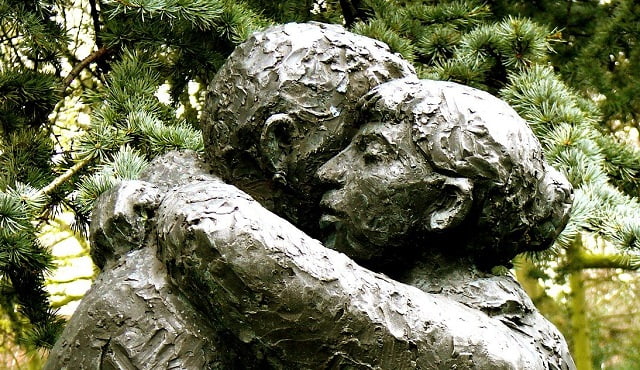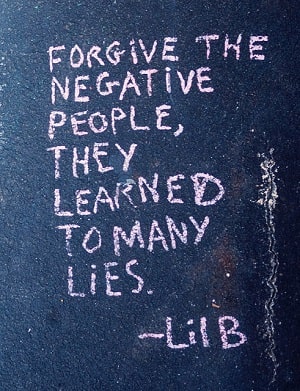
Grace isn’t natural. We aren’t born with it, and it isn’t easy to understand. But it is necessary to grow and thrive.
Laws we understand. Laws and rules make it possible for large numbers of people to live together and cooperate for the common good. Even at the family level, there are rules — spoken and unspoken — about who does what, what can and can’t be talked about, and who the black sheep of the family is — because they broke the rules.
The problems with rules and laws is that they tend to benefit some over others, particularly those with power versus those without. Even in Hammurabi’s Code, slaves and women were considered property and given monetary values as such. Hence the common Us versus Them dynamics. Yet, as societies, we generally accept certain trade-offs with rules for things like safety, economic growth and other things considered benefits to “the whole”. I suspect this is why Grace is usually considered a spiritual or divine aspect — it doesn’t come naturally.

Grace isn’t natural because it breaks rules. If someone wrongs you, the rules say you have the right to justice, whether it is judicial or financial or emotional. But Grace says to let go.
Letting go doesn’t mean there aren’t consequences. In the story of David and Bathsheba (2 Samuel 11 & 12), God forgave David of his sins of adultery and murder against Uriah but declared that the first child of that union would die and David’s descendants would be pitted against each other.
But sometimes there is what Bebe Nicholson calls “Extravagant Forgiveness” in her article, What Manuel Taught Me About the Foolishness of Forgiveness. She talks about the owner of a handy-man business who went out on a limb to hire a destitute drug addict, whom he saw as a good man. And it cost him time, money and two trucks.
“But Manuel chose extravagant forgiveness over reasonable, sensible and safe. He went over the top; above and beyond what most people would do. Does this indicate foolishness, or a generosity of spirit I lack?” (see above)
Another example is in the story Jesus told of the Prodigal Son in Luke 15:11-32. After squandering his inheritance and nearly starving, the younger son returned home. But even before he could make his rehearsed speech to apologize, the father has run out to him and hugged him. And although the son gets his speech out in verse 21, the father seems to ignore him, calling for the robe, ring and killing the fatted calf. If that isn’t extravagant, I don’t know what is!
This is the kind of forgiveness that Grace is all about. The kind of Grace that doesn’t come naturally.

This is the kind of Grace that asks — never demands but asks — us to let go of the anger, and hurt, and sadness, and feelings of victimization. No matter how righteous, those things hurt us more than they ever will the person who wronged us, if we continue to dwell on them. They begin to blind us to the good and Grace-full around us, to the Grace we can share via love and forgiveness.
That is why Grace is necessary, natural or not. Rules and laws, in the end, cannot save us. We’re human and imperfect. As the saying goes, “An eye for an eye and tooth for a tooth will soon leave us all blind and toothless.” (My paraphrase.)
We need to know that we are more than our mistakes. We need to know that we are not bound by our imperfect histories. We need to know we are loved, by God and by others, just as we are.
We need that kind of Grace.
Grace, Peace and Hugs to you!